What is the Skin Barrier?
Our skin is our largest organ, and like all of the other organs in our body, it needs protection.
The skin barrier protects our skin, and therefore the rest of our body, from outside irritants like UV rays, pollutants, bacteria, and dirt. The skin barrier is your body’s first line of defense against the external environment.
Your skin is made up of layers, and the skin barrier is your outermost layer, also called the stratum corneum. This stratum corneum is made up of dead skin cells that are bound together by lipids, like fatty acids, and ceramides.
When our skin barrier is healthy, the skin cells fit tightly together, creating a protective shield that not only keeps the external environment out, but it also supports your inner environment by retaining essential moisture and hydration. This results in skin that looks smooth, soft, vibrant, and youthful.
On the other hand, when your skin barrier is damaged, the skin become cracked or inflamed which causes breaks in the skin's protective layer, making it more susceptible to irritation and distress.
Maintaining a healthy skin barrier is essential for keeping your skin resilient and strong.

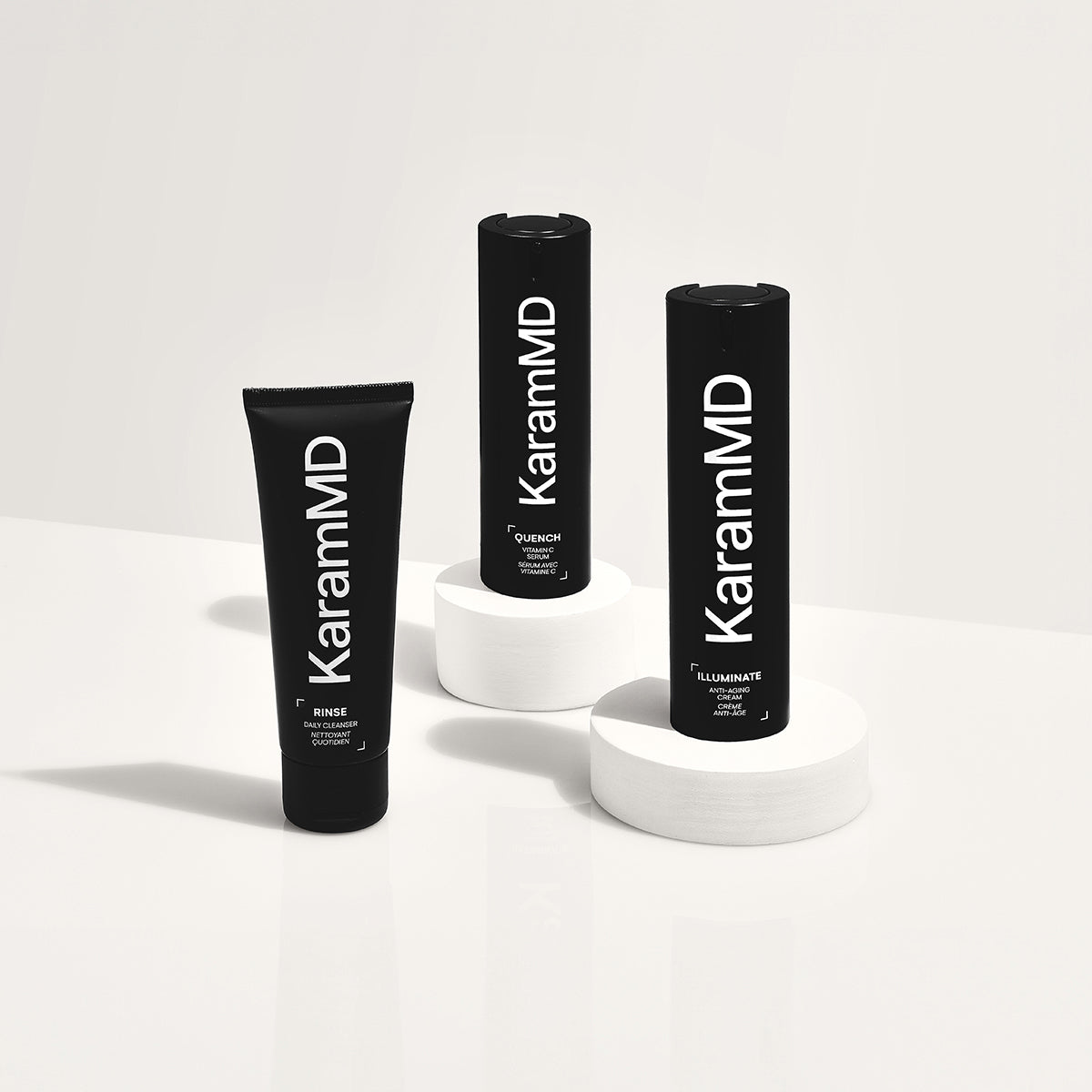
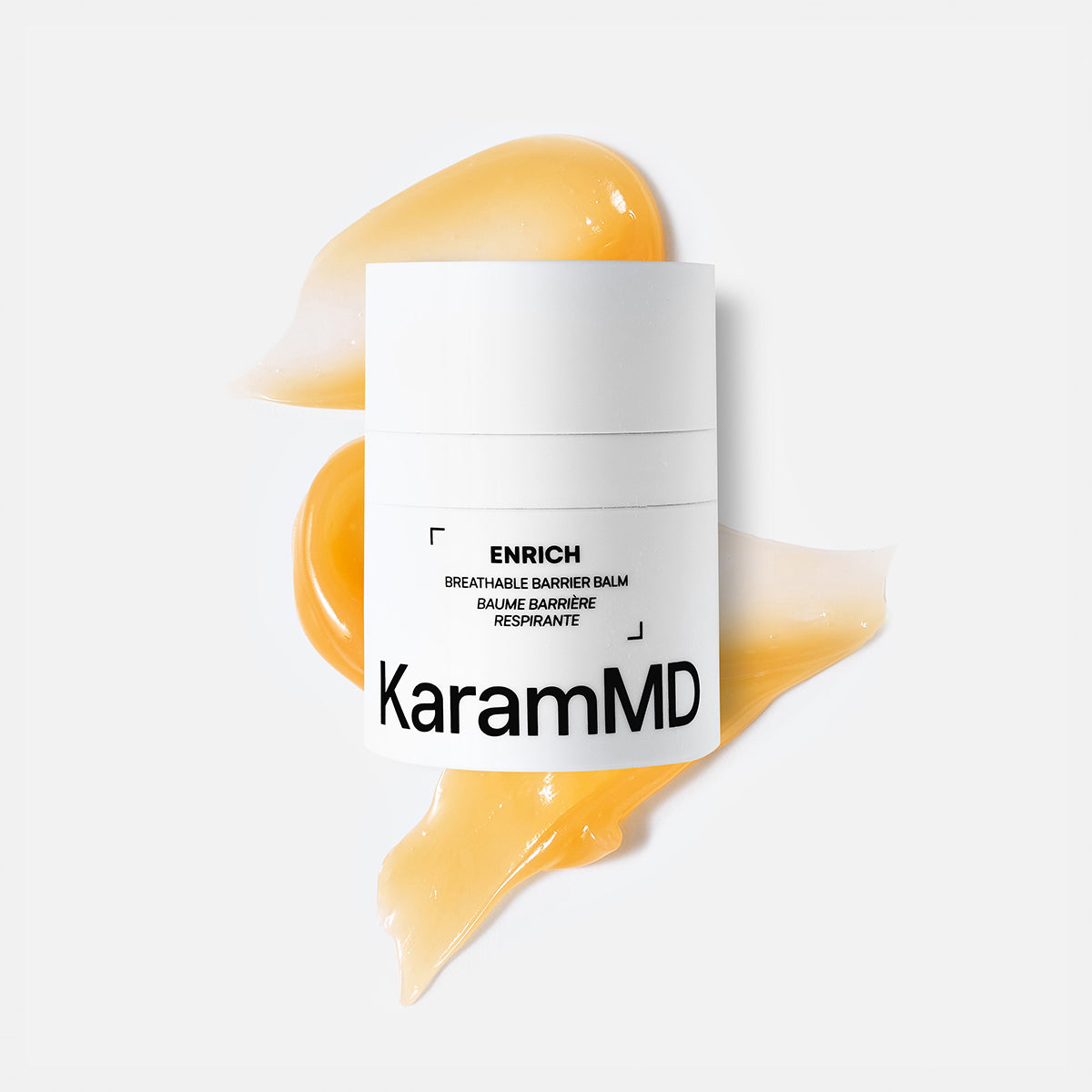
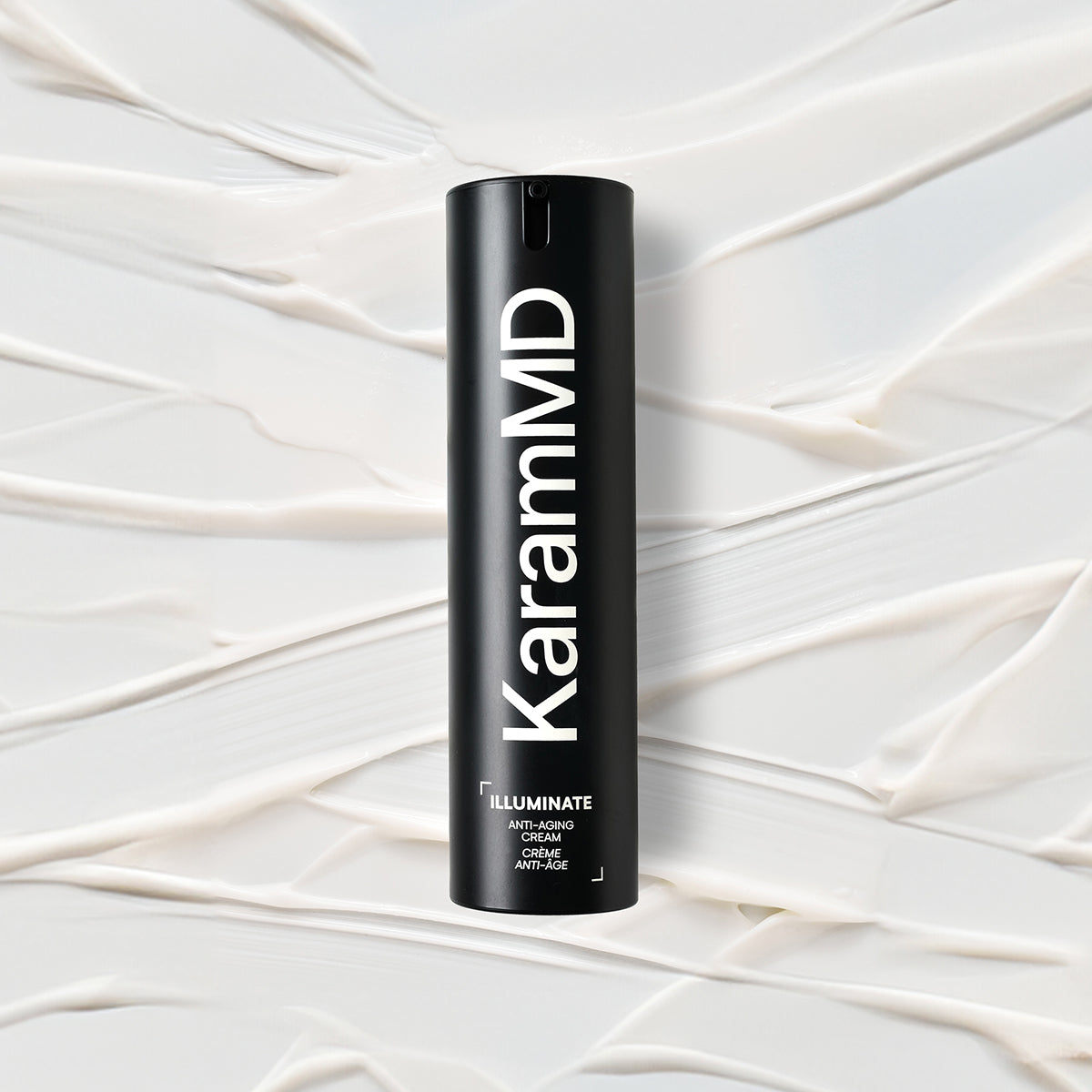
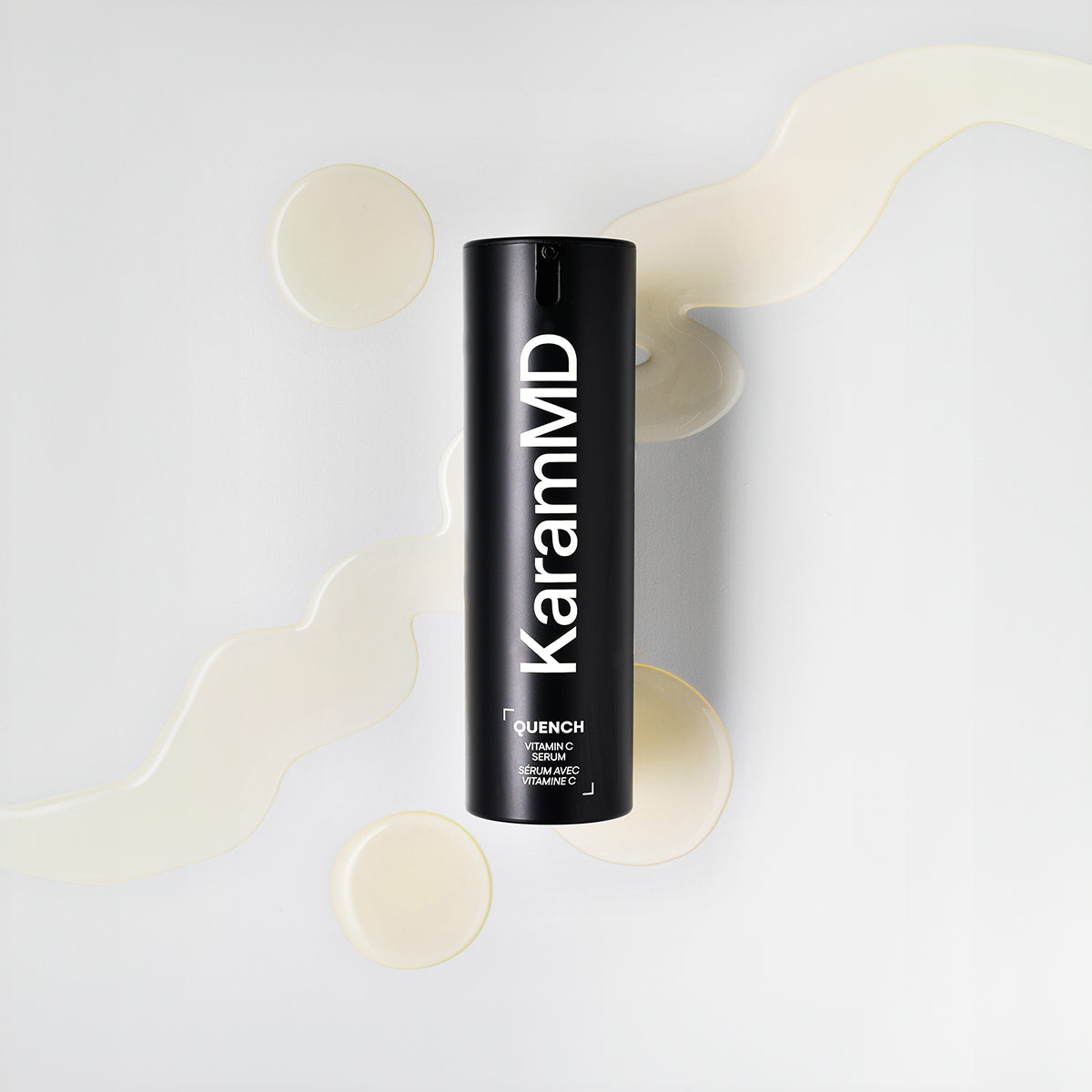
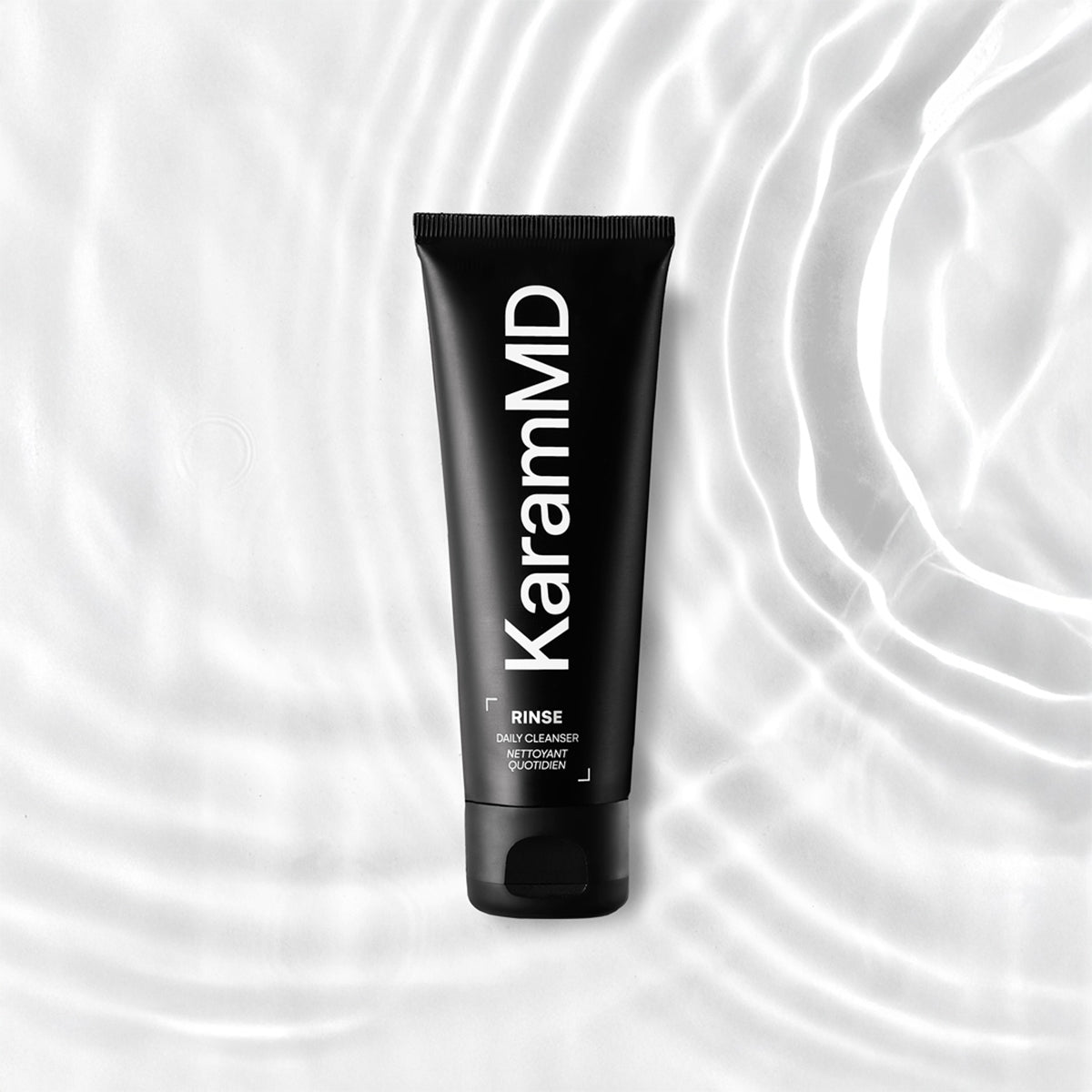
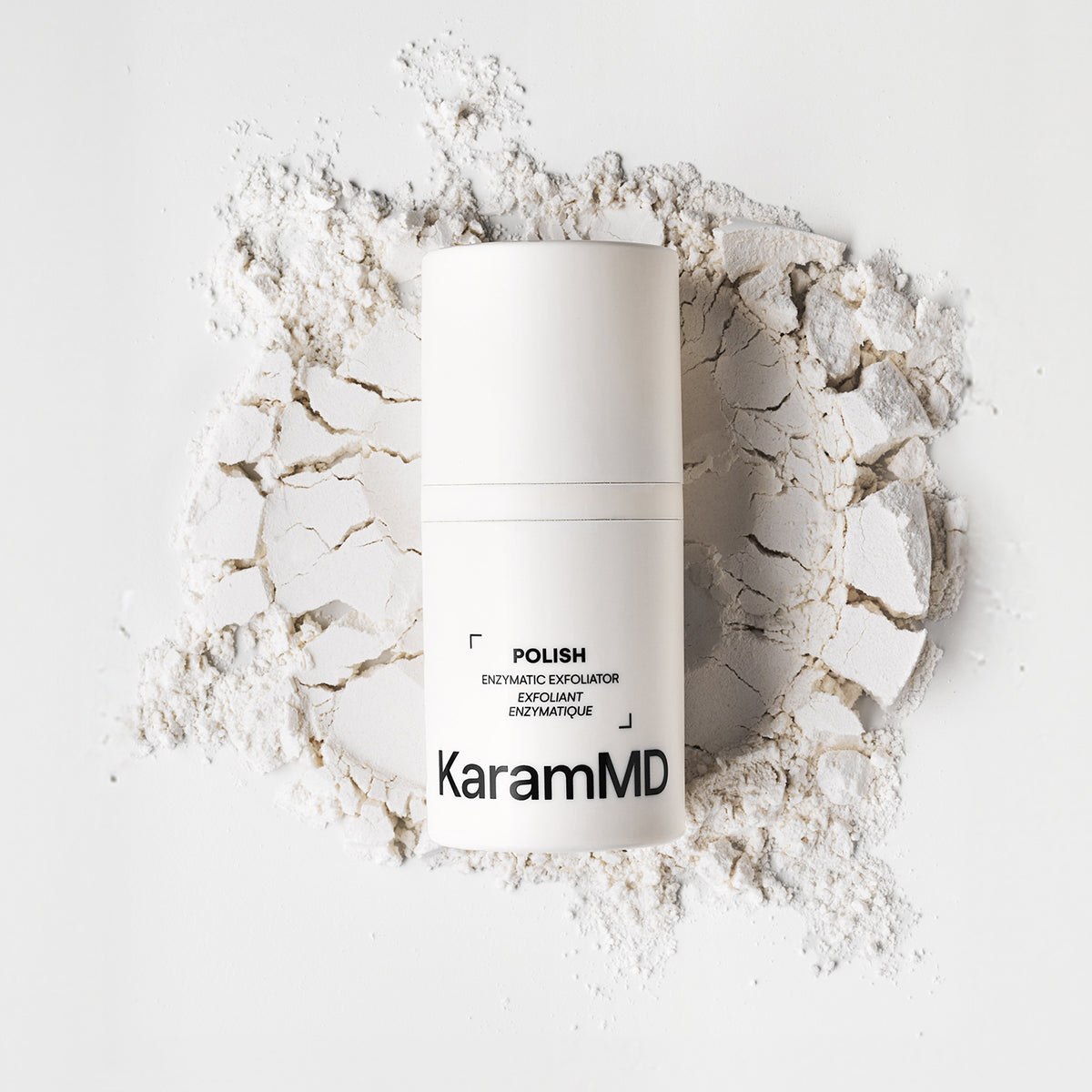
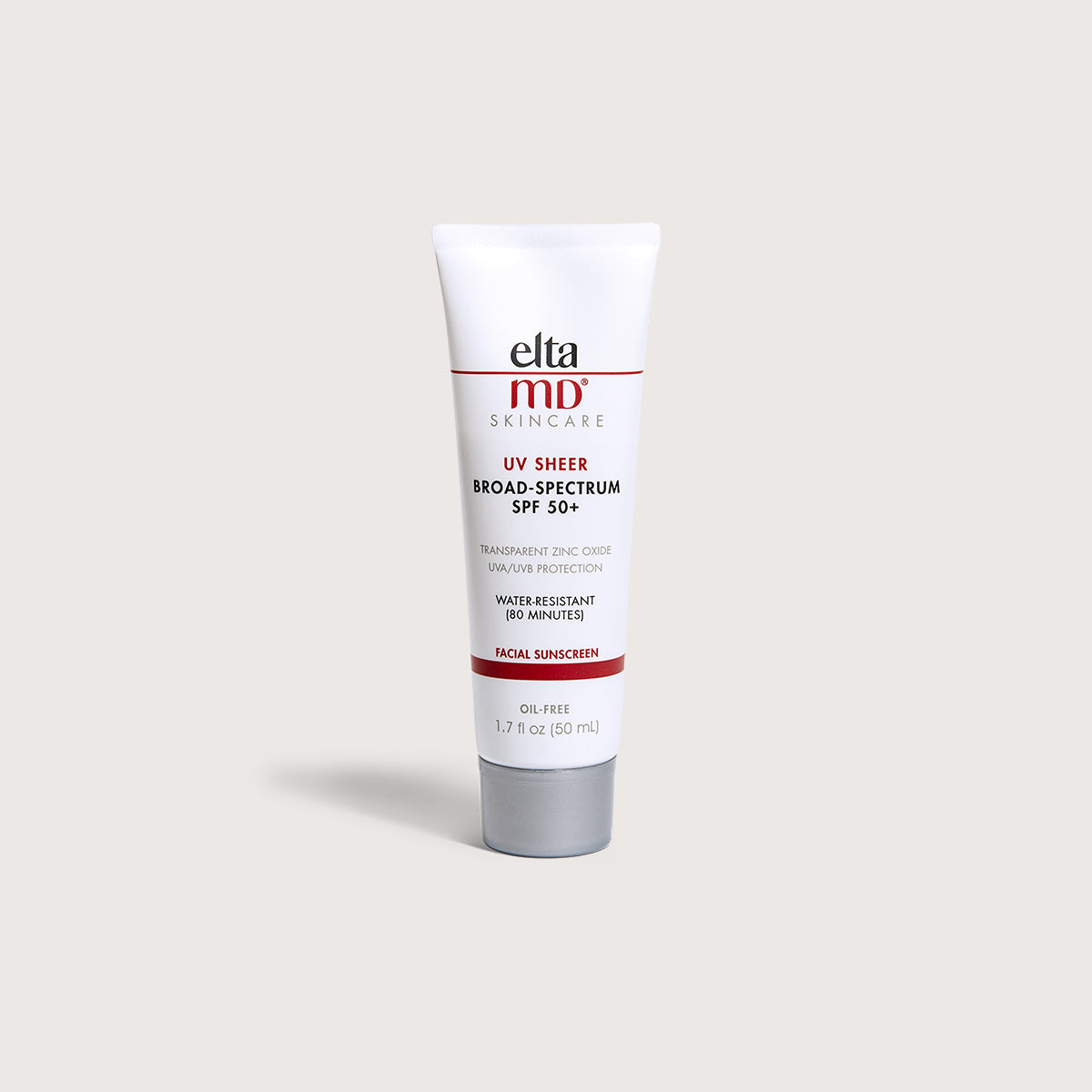
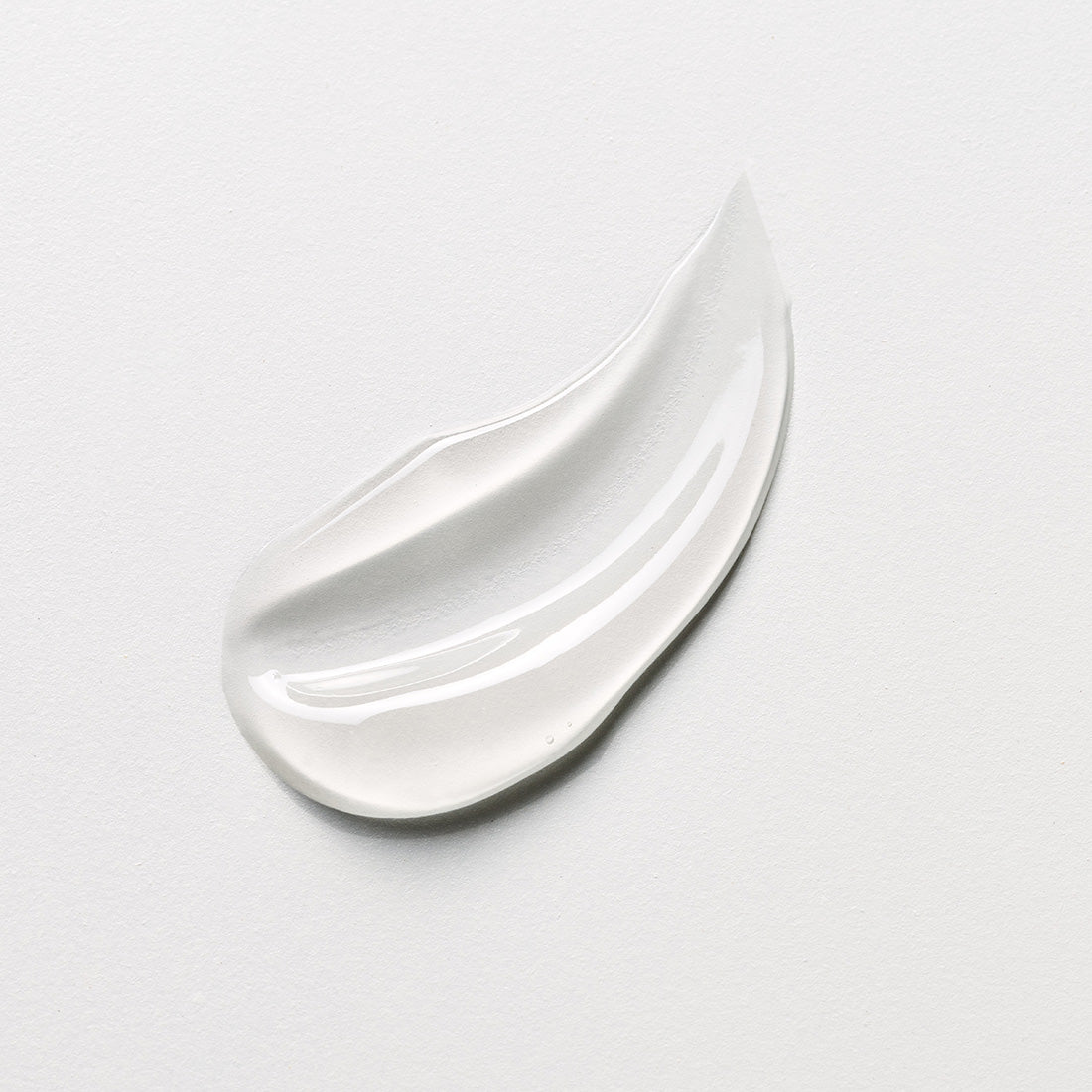
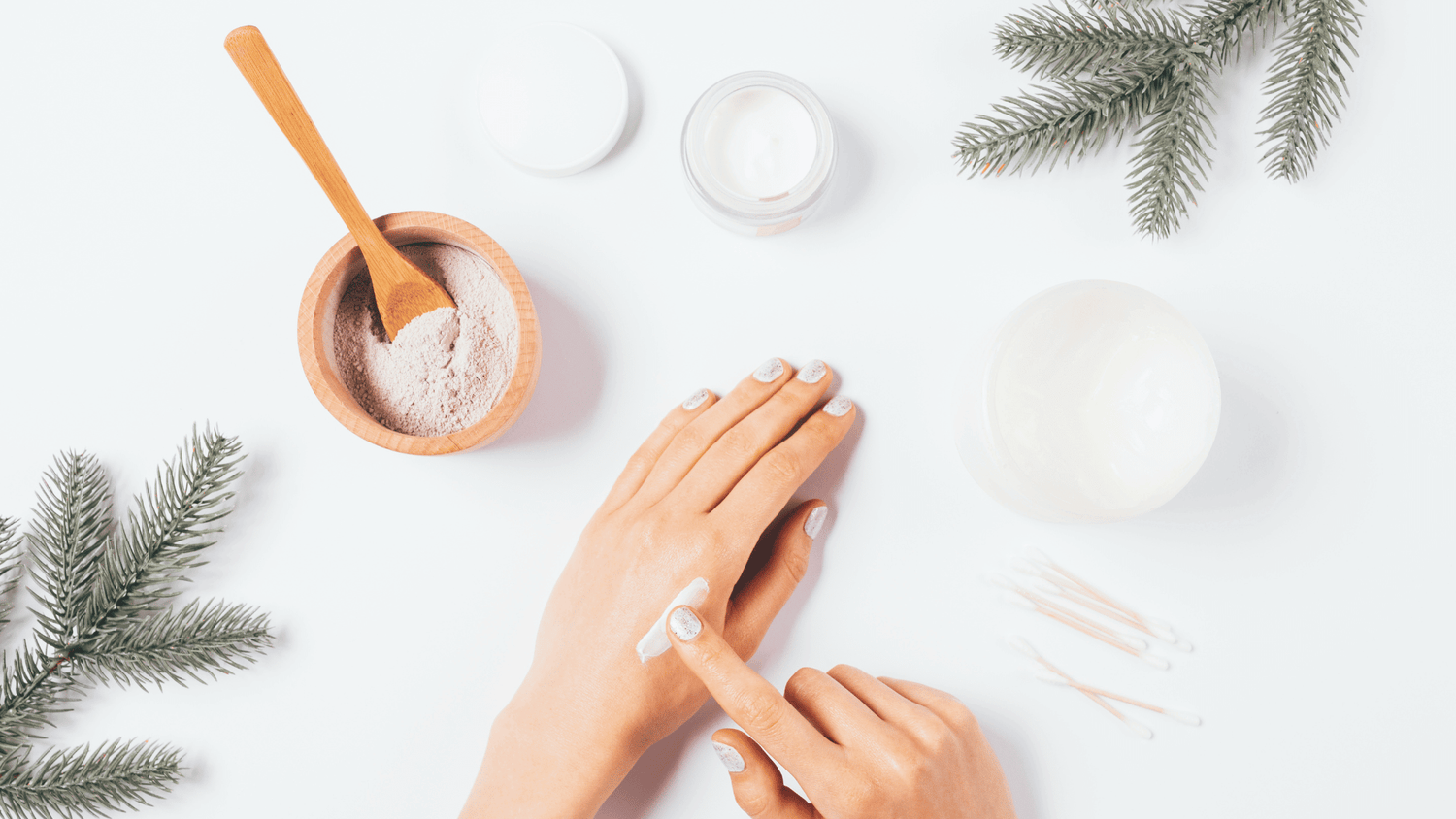


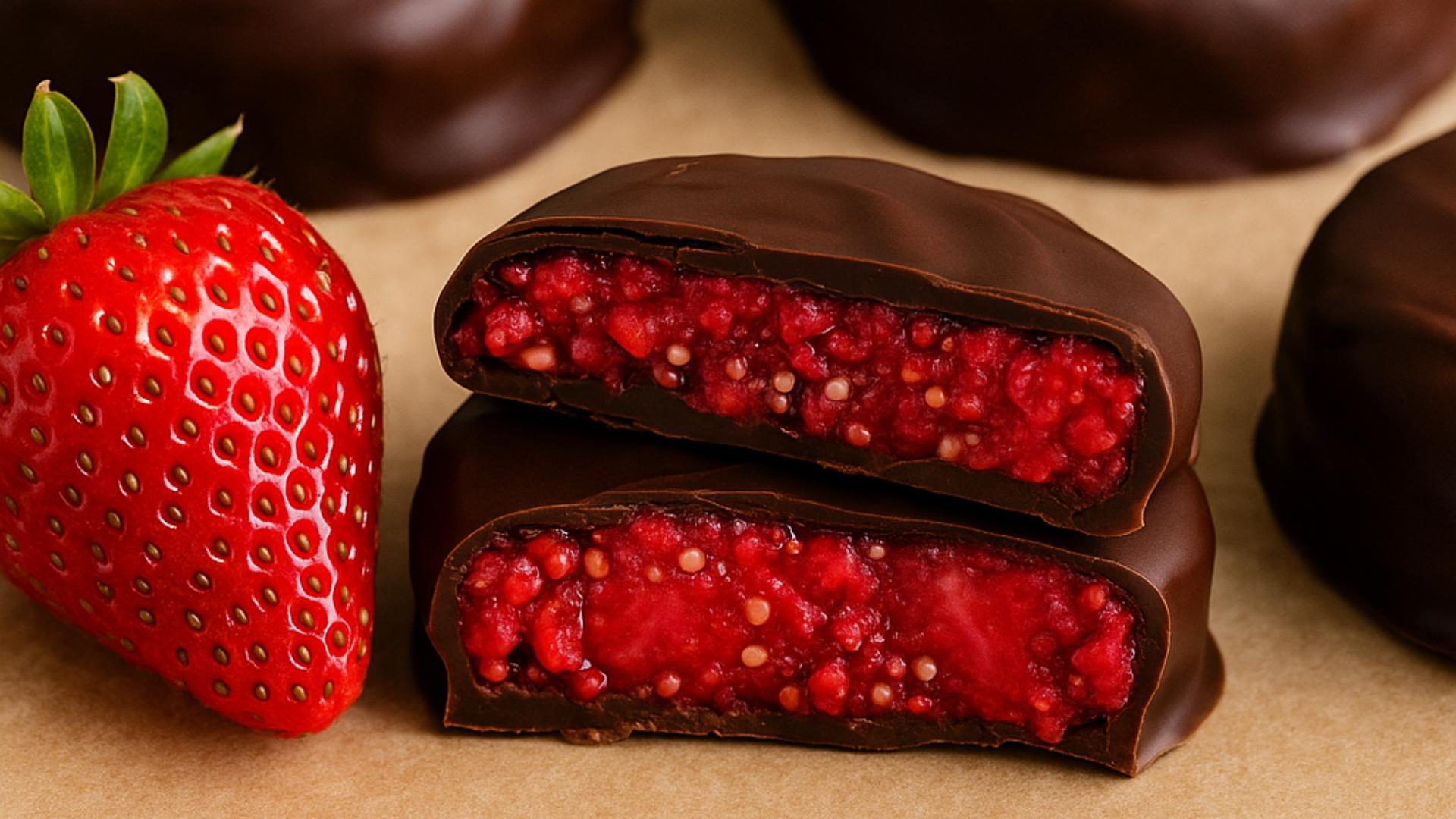


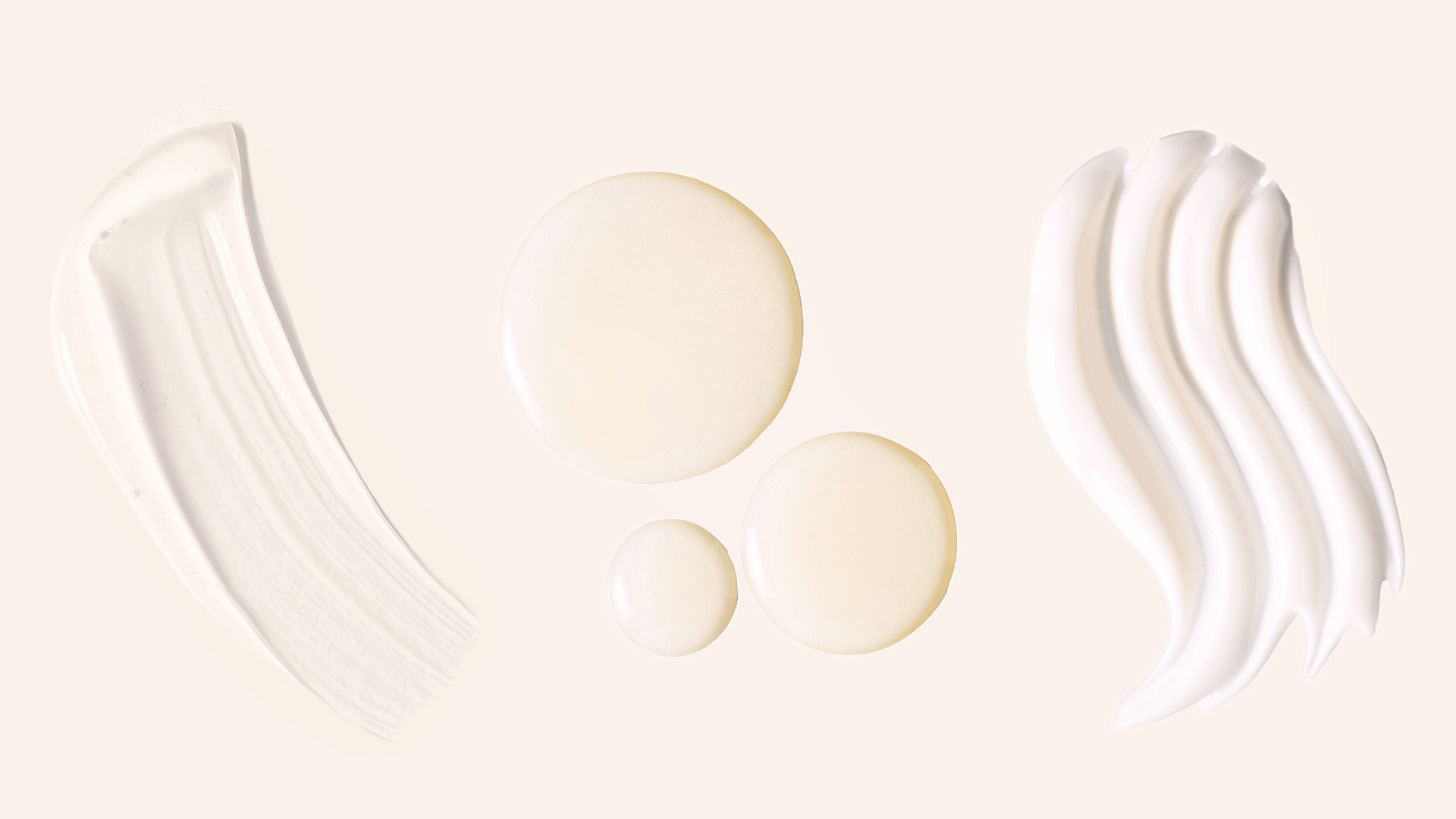
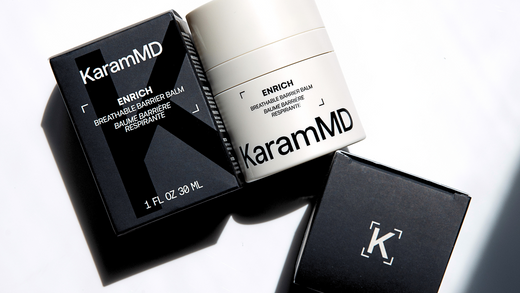
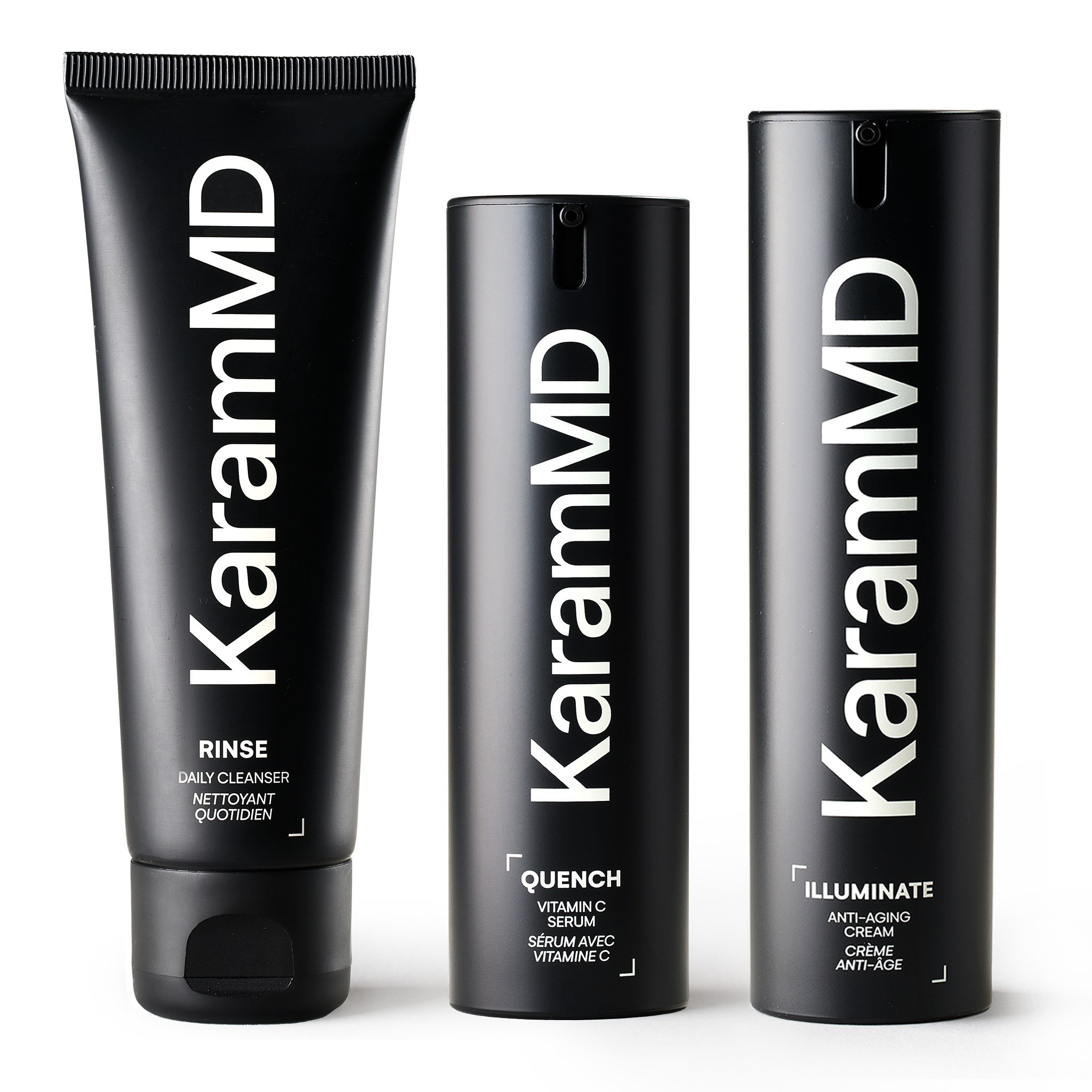
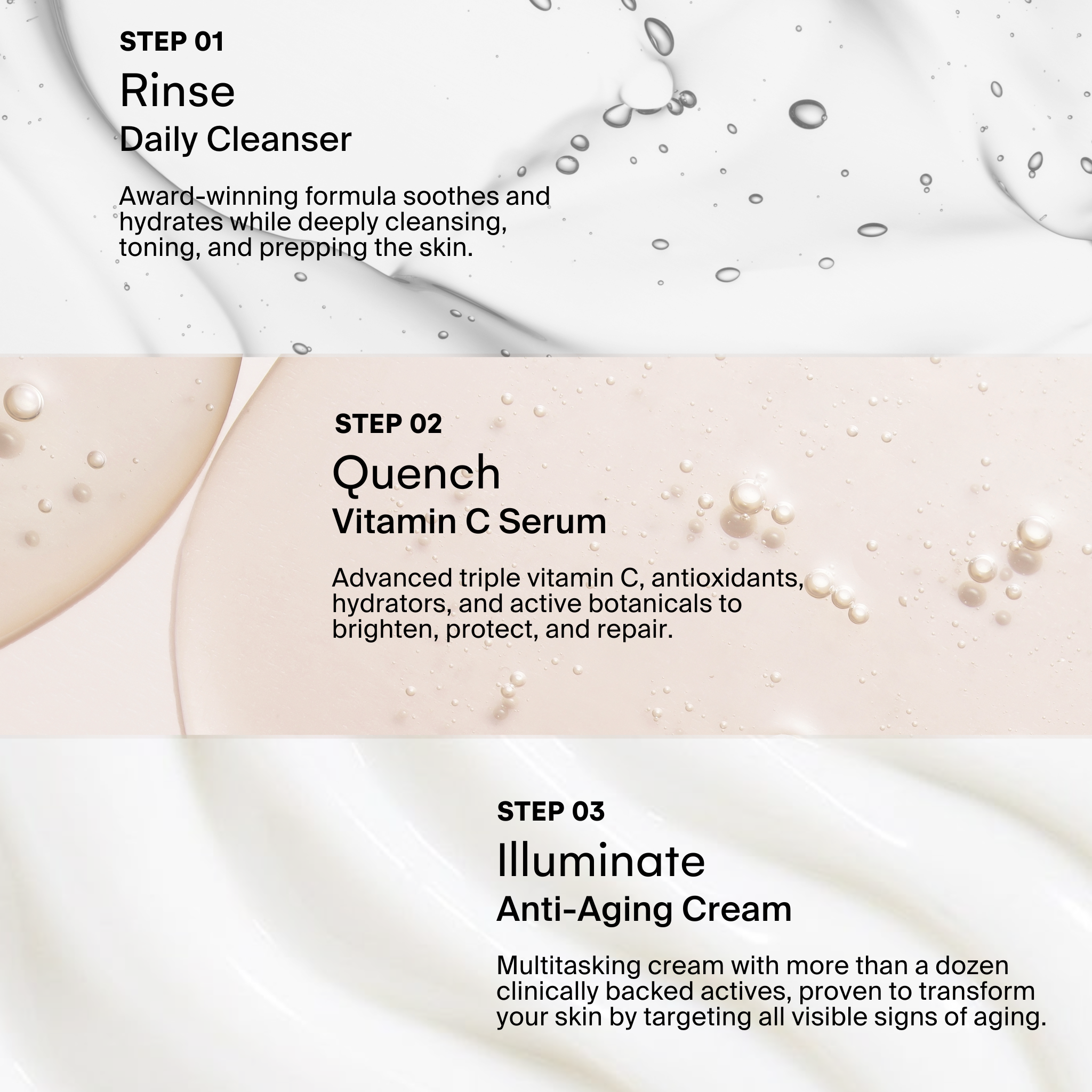
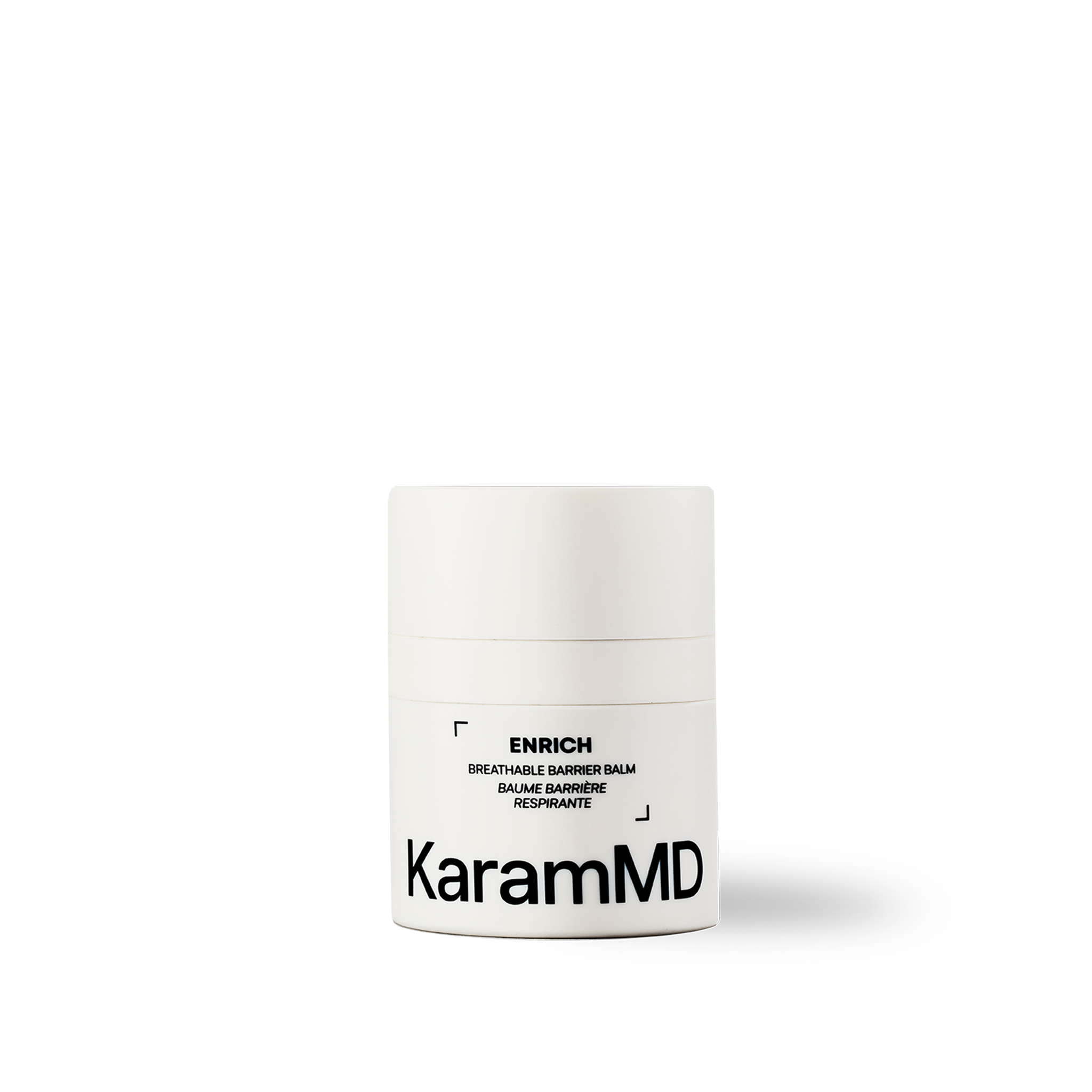
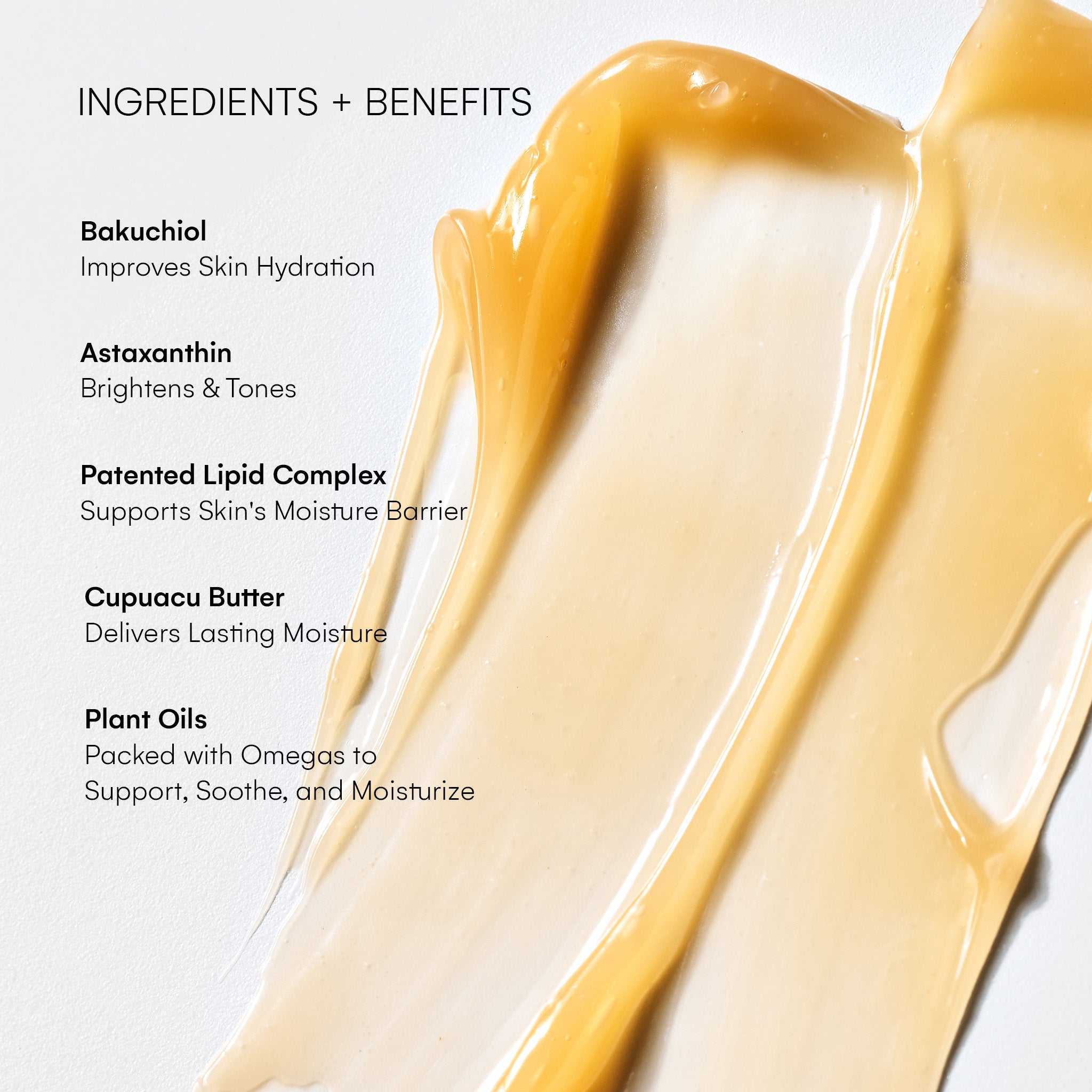
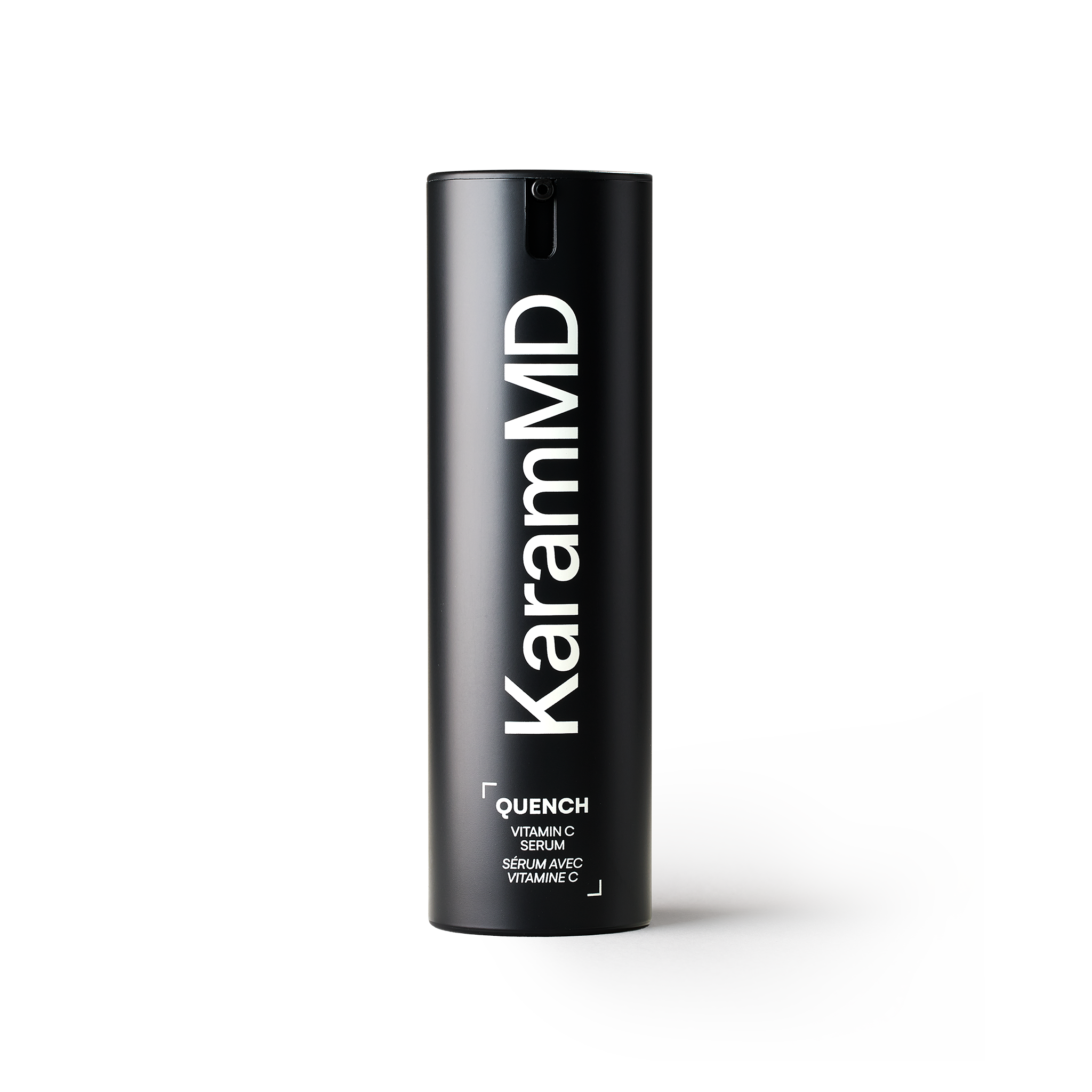
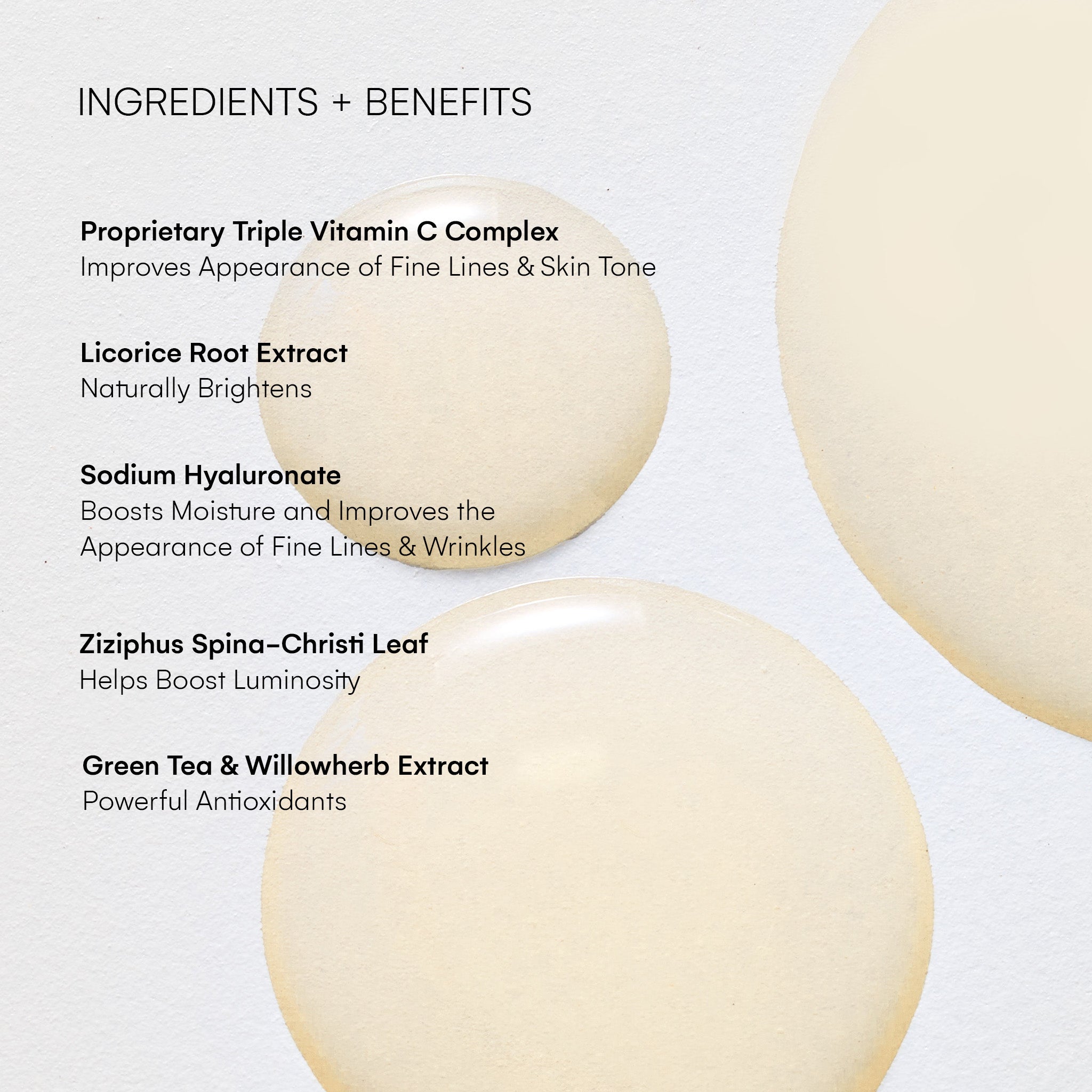
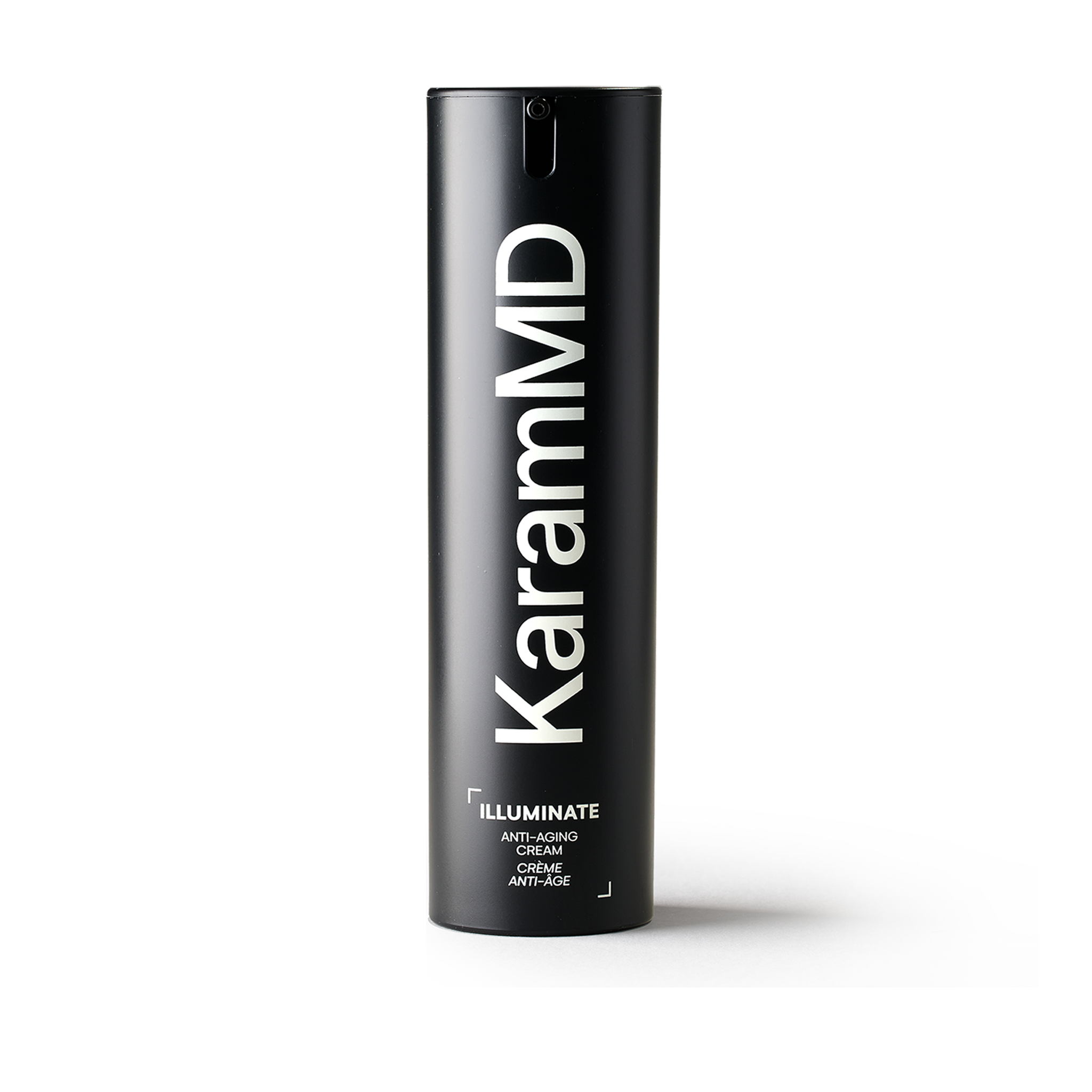
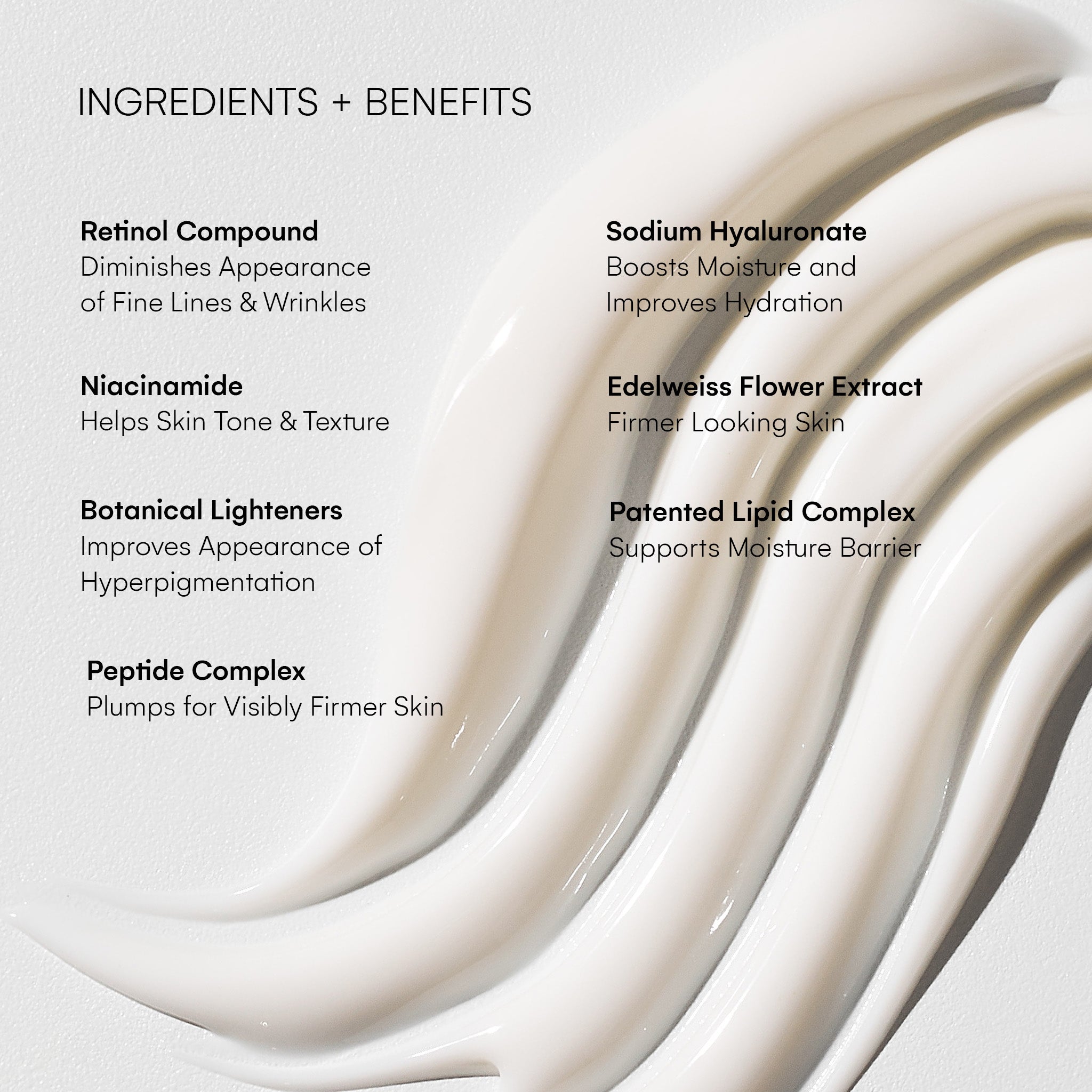
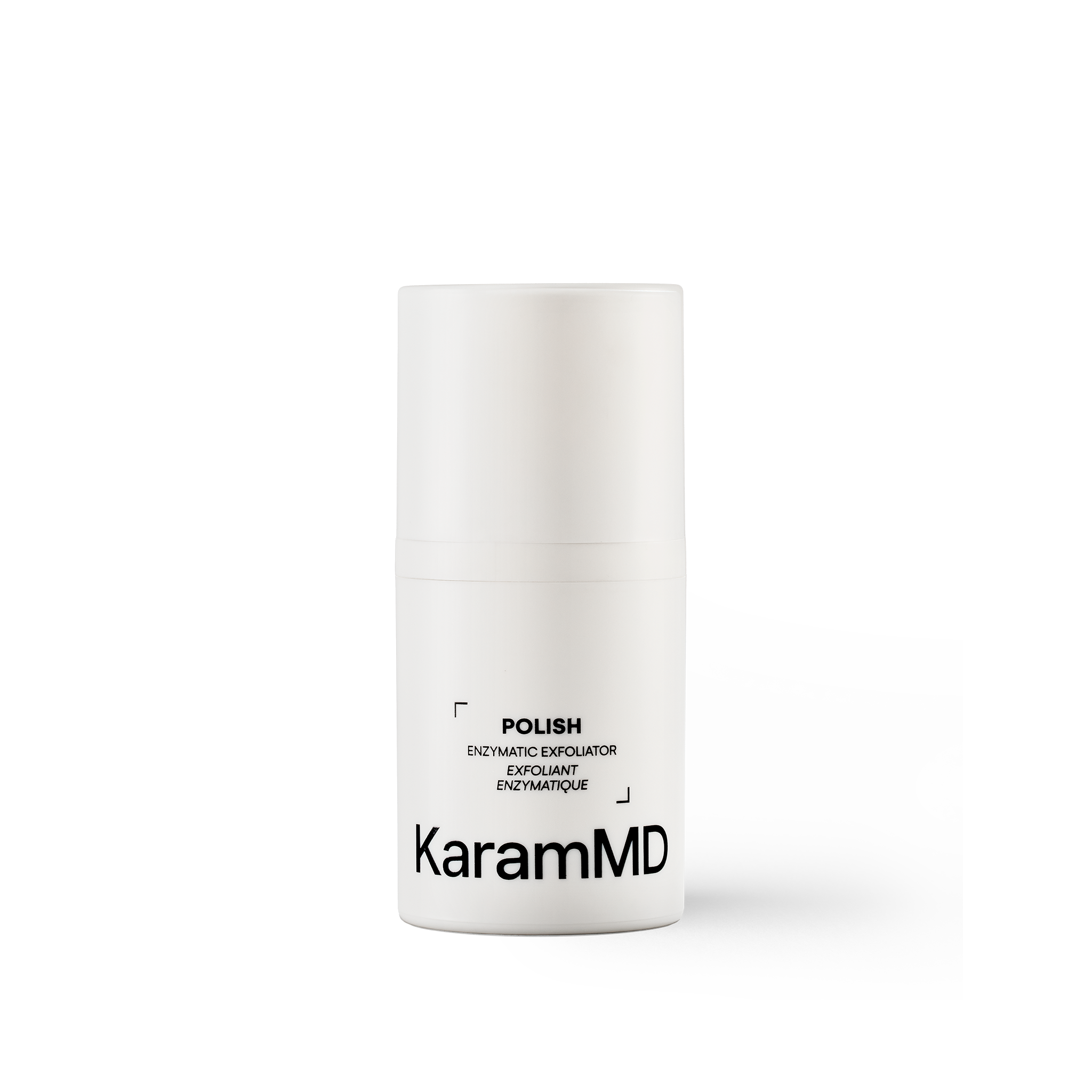
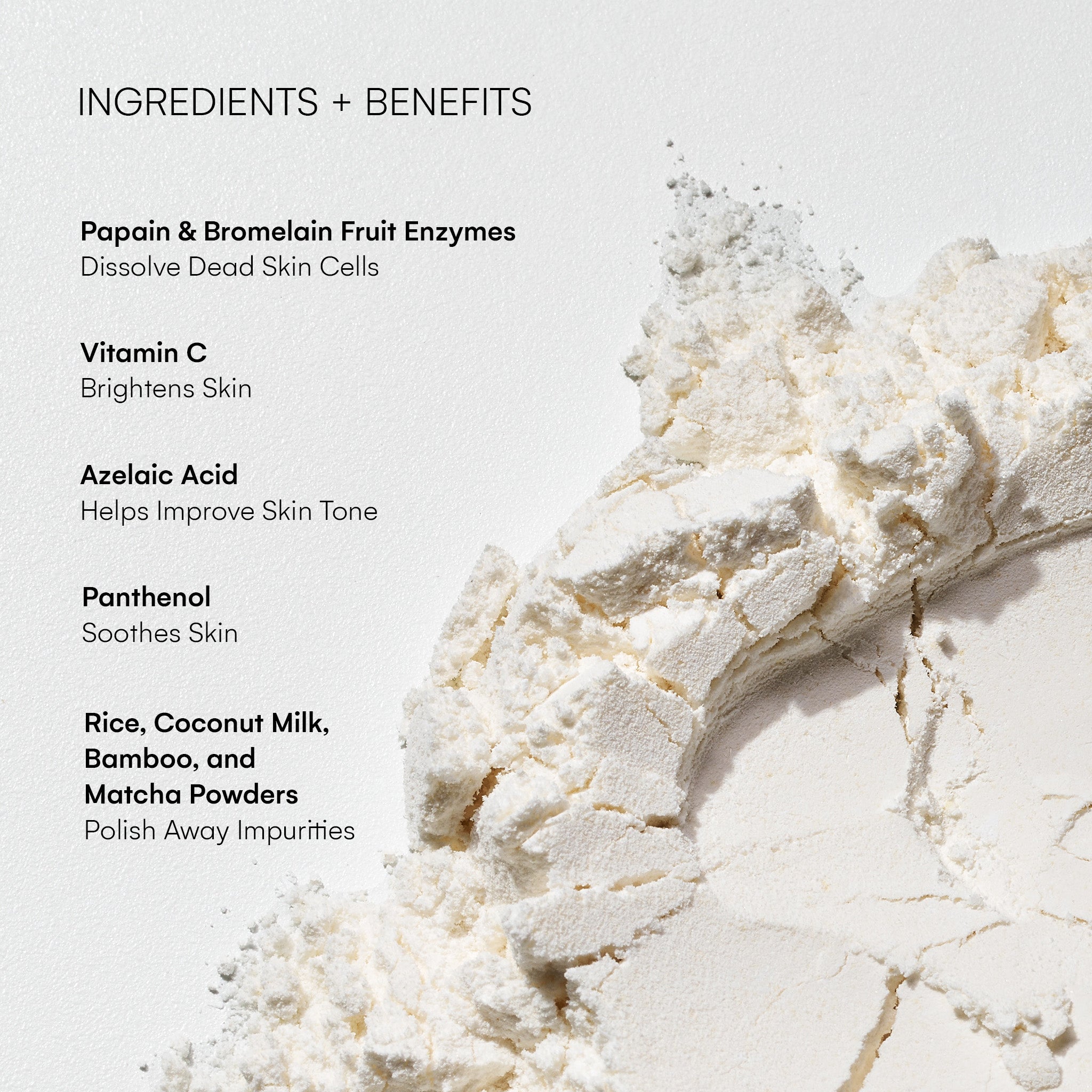
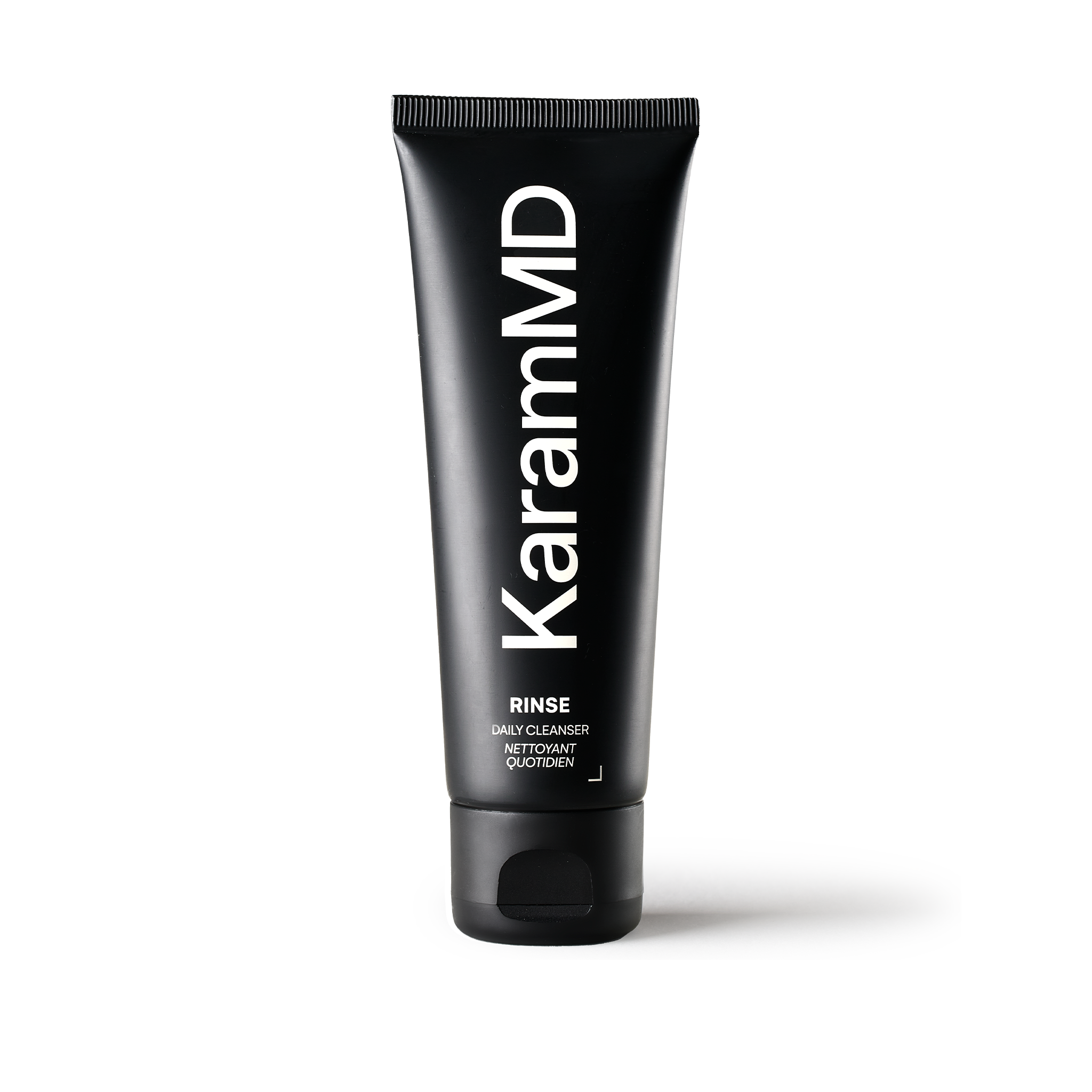

4 comments
Deniece Seow
I have been a Trifecta fan for more than 2 years. Enrich had been a great addition to my skin care routine, as I travel constantly for work, and skin often become lack lustre with time difference and jet lag. I love applying Enrich during a long flight, skin feels supple and hydrated even after a 14 hours flight. I love the Quench and Illuminte….effective and convenient. I look forward to Dr Karam’s own formulated sunscreen that goes with Trifecta in the near future : ) and maybe Travel size Trifecta ? ; ) Thank you Dr Karam !
———
KaramMD Skin replied:
Hi Deniece—Thanks for your comment! We’re so happy to hear that Enrich feels like a comforting boost for your skin during your travels, and that Quench and Illuminate have become trusted favorites in your routine. While we don’t have our own sunscreen at the moment, we love EltaMD and offer a few of their products on our website. They’re great for travel and skin protection. Plus, our entire line is TSA-friendly, making it easy to take your favorites wherever you go.
Ayishetu Mohammed
I have very dry skin,i have use a lot of product but it is getting worse
———
KaramMD Skin replied:
Hi Ayishetu—Thanks for your comment! It sounds like your skin barrier might be compromised, which can make dryness worse despite using various products. When the skin barrier is damaged, it loses moisture and becomes more sensitive. We suggest you check out our Enrich Breathable Barrier Balm which will hydrate your skin and help with healing!
Brenda griffin
I have been told I have rosacea. I have tried so many different skin care lines and meds. Can you recommend something to help me. I have also been doing laser genesis to breakdown the redness and broken capillaries which does seem to help. Thank you
———
KaramMD Skin replied:
Hi Brenda—Thank you for your comment! The Trifecta was formulated to work on all skin types. Dr. Karam created these products with everyone in mind so even the most sensitive skin types can enjoy the Trifecta! That being said, we always recommend that you consult with your physician or qualified healthcare provider before making any changes to your skincare routine, using new products, or addressing specific skin concerns like Rosacea. Your healthcare provider is best suited to evaluate your individual needs and provide personalized advice and recommendations.
Jane Jones
Where are you located ?
———
KaramMD Skin replied:
Hi Jane—Dr. Karam is in San Diego!
Leave a comment
All comments are moderated before being published.
This site is protected by hCaptcha and the hCaptcha Privacy Policy and Terms of Service apply.